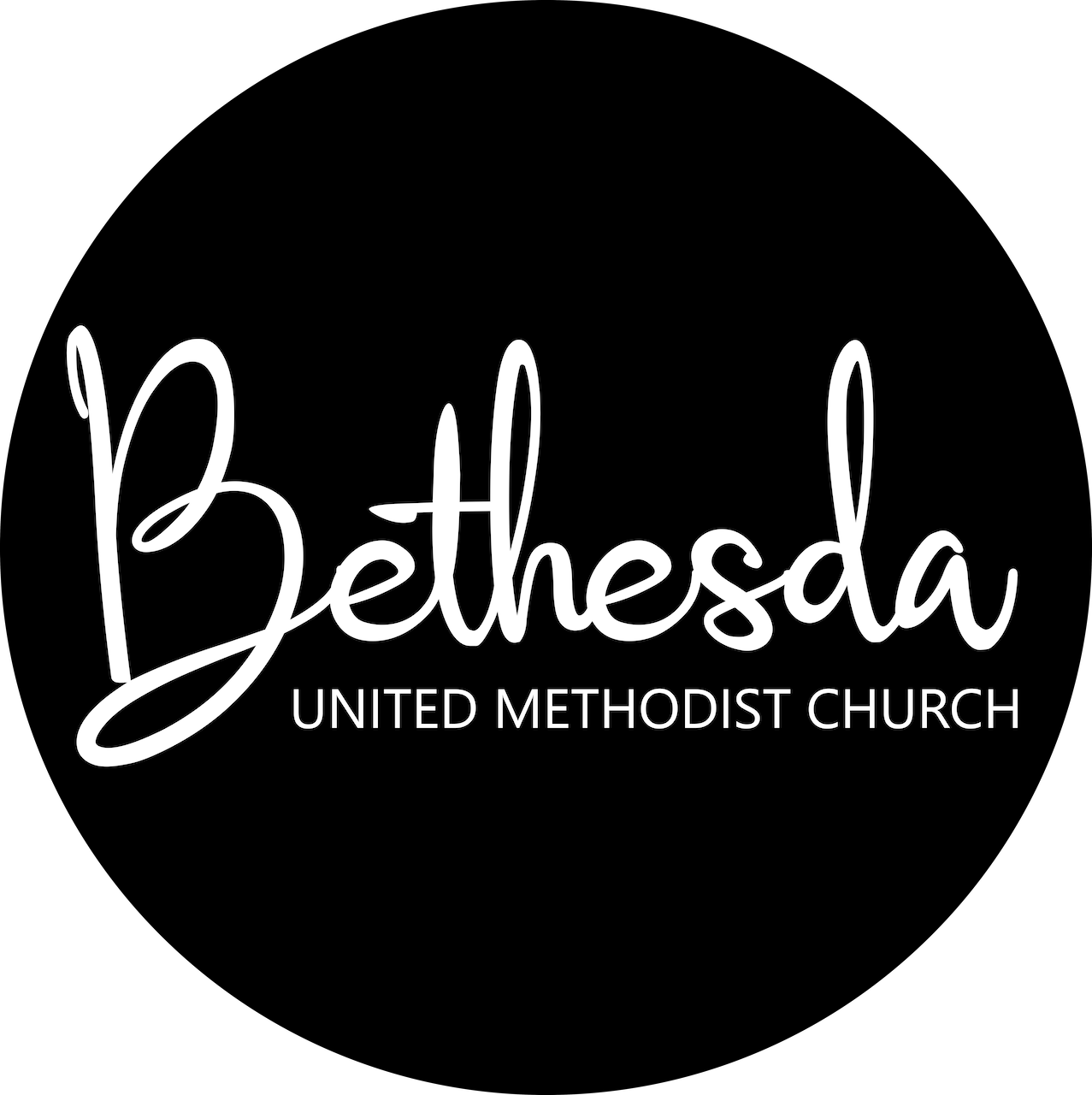“One act of obedience is better than one hundred sermons.” – Dietrich Bonhoeffer
Over the past several weeks, we have been hearing and reading a lot of opinions about what our reaction should be in light of the COVID-19 virus. We know that it is essential that we to our part in “social distancing” and helping to “flatten the curve.” To say the least, this has become very inconvenient. Our normal daily routines, planned activities, and leisurely hobbies have been disrupted in so many different ways. One of the greatest ways this has been disrupted is in our ability to practice corporate worship. As I wrote this past Saturday in my Easter message, my family and I have always attended Easter service together as a family. For many of those years and services, I preached the Resurrection sermon.
As we have been following the news, most of us know that thousands of people have begun to speak out. The clearest case of this “speaking out” came in Michigan yesterday. One news source headline reads, “Drivers swarm Michigan capital to protest coronavirus lockdown measures.” The article goes on to say that the coordinated effort was dubbed “Operation Gridlock” https://www.foxnews.com/politics/drivers-swarm-michigan-capital-to-protest- coronavirus-lockdown-measures. This leads me to ask a question, “So, who is right in all of this?” Is the Michigan Governor right? Are the people “speaking out” right? Or does it even really matter?
For those who profess Christianity this does matter, and the Bible does address how we should act in our respective society. First, we have a neighborly responsibility. The Bible teaches the Christian’s greatest responsibility is the duty to love. Everything within God’s plan must begin with love, be filtered through the biblical ethic of love, and ultimately end against the backdrop of love. Jesus states this clearly in Matthew 22:37-40 when he said the Christian’s responsibility is twofold: 1) love God, 2) and love your fellow man.
Second, we have a civil responsibility. Please read Romans 13:1-7. In this passage, three biblical principles emerge: 1) rulers are established by God (13:1); 2) those rulers legitimately function to protect the innocent, promote the good, and punish the evil (13:3-4); and 3) those who desire a well-ordered society ought to render the authorities the appropriate taxes and honor (13:5-7). This gives the clear idea that God’s rule frames “honor” within the civil and state realms.
Peter also emphasizes the importance of the Christians’ civil responsibilities when it comes to submission to authority. Read 1 Peter 2:13-17. Both Paul and Peter make the same point: It is impossible to be a good Christian and a bad citizen at the same time. It is important, however, to note here that this does not mean that obedience is always mandated when a law is anti- scriptural. In those circumstances, the Christian must obey God rather than man and then be prepared for the potential consequences. Jesus admonished his followers to “not be afraid of those who kill the body but cannot kill the soul. Rather, be afraid of the One who can destroy both the soul and body in hell” (Matthew 10:28).
USACE, in conclusion, I acknowledge this is a challenging issue. I do not like my routine being disrupted. I do not like the fact that my parents were unable to visit us two weeks ago during
Spring Break. We planned for months, lost money, and we did not get to enjoy time together as a family. Now that said, nothing I have either observed, been told, or ordered to do during the COVID-19 pandemic violates God’s laws. And because this is true, I have the responsibility to follow the rules of my appointed leaders. Do we have to agree with and like everything our leaders tell us to do? No! We live in a free country. Do we have to submit to the rules set by those appointed authorities? Yes! We are citizens of God’s heavenly kingdom, and He clearly tells us that we must follow the rules set by our appointed leaders.
Blessings,
Chaplain Brad Baumann
